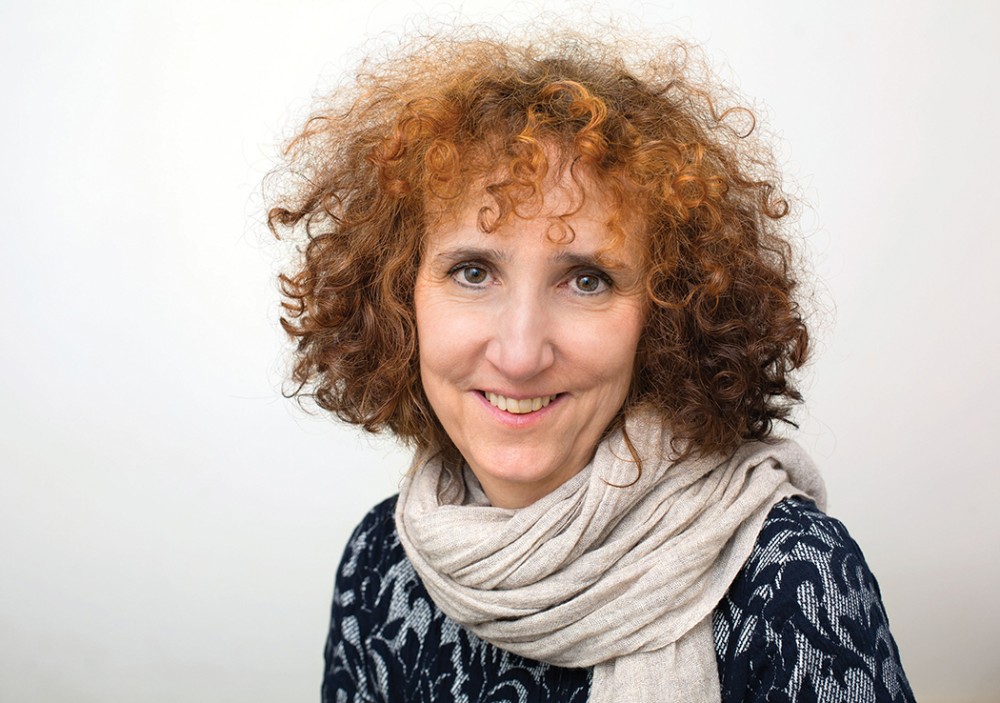What is forgiveness, and is it good?
“In the wrong hands, forgiveness can become a kind of tyranny.”

In 2004 Marina Cantacuzino founded an organization called The Forgiveness Project. It began with an exhibit called The F Word, created with photographer Brian Moody, which joined photos and stories of reconciliation and forgiveness. The exhibit has been displayed in 14 countries. The Forgiveness Project runs a prison program in England and Wales called RESTORE. Cantacuzino is also the author of The Forgiveness Project: Stories for a Vengeful Age.
How did you become interested in forgiveness?
It began with my anger at the Iraq war: anger at the rush to war; anger at the dominant narrative of retaliation; anger at the black-and-white thinking that says “if you’re not with us, you are against us.” I was fascinated by the notion that forgiveness might be a way of putting things right between conflicting individuals or groups, and I was interested in forgiveness as a pain management strategy, a means of self-healing and renewal. I became determined to collect stories that showed peaceful solutions to conflict, stories where victims had met their offenders, where people had forgiven the killer of a loved one, or where former perpetrators had transformed their aggression into a force for peace.




